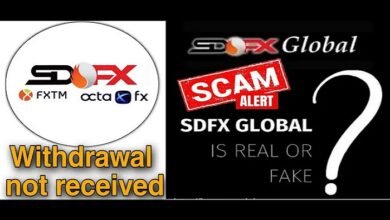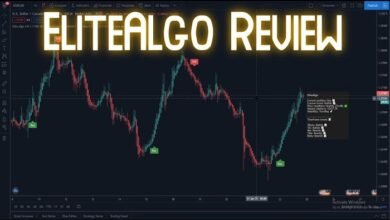
Forex.com and OANDA are two of the most well-known names in the forex trading industry. Both brokers have been serving traders for years and offer a range of features that cater to both beginners and experienced traders. Understanding the nuances of Forex.com vs OANDA is crucial for making an informed decision.
Company Backgrounds
Forex.com, established in 2001, is a part of GAIN Capital Holdings, which is listed on the New York Stock Exchange. On the other hand, OANDA, founded in 1996, has a rich history in the financial markets and is known for its innovative approach. Comparing the history and background of Forex.com vs OANDA provides insight into their market presence and reliability.
Trading Platforms
The trading platform is a critical factor for any trader. Forex.com offers the MetaTrader 4 (MT4) platform, along with its proprietary platform, which is robust and user-friendly. OANDA also supports MT4 but is renowned for its own platform, which is intuitive and highly customizable. Analyzing the trading platforms of Forex.com vs OANDA reveals significant differences in user experience and functionality.
Account Types and Minimum Deposits
Forex.com provides a variety of account types, including Standard, Commission, and Direct Market Access (DMA) accounts, catering to different trading needs. OANDA, however, offers more flexibility with no minimum deposit requirement, making it accessible to traders of all levels. When comparing account types and minimum deposits, Forex.com vs OANDA shows a contrast in accessibility and options.
Fees and Commissions
Trading fees can significantly impact profitability. Forex.com operates with competitive spreads and offers commission-based accounts for lower spreads. OANDA, known for its transparent pricing, charges spreads without additional commissions. Examining the fee structures of Forex.com vs OANDA helps traders understand potential costs involved.
Regulation and Security
Regulation and security are paramount for traders. Forex.com is regulated by top-tier authorities, including the CFTC, NFA, FCA, and ASIC. Similarly, OANDA is regulated by the CFTC, NFA, FCA, and MAS. Both brokers prioritize security, but comparing the regulatory status of Forex.com vs OANDA ensures traders choose a broker with robust oversight.
Customer Service
Customer service can make or break a trading experience. Forex.com offers 24/5 customer support through various channels, including phone, email, and live chat. OANDA provides 24/7 support, reflecting its commitment to customer satisfaction. Comparing the customer service of Forex.com vs OANDA highlights their dedication to supporting traders.
Research and Education
Both Forex.com and OANDA offer extensive research and educational resources. Forex.com provides market analysis, trading signals, and webinars. OANDA offers a comprehensive range of tools, including economic analysis, webinars, and trading guides. Evaluating the research and education offerings of Forex.com vs OANDA helps traders enhance their market knowledge and skills.
Trading Tools and Features
Advanced trading tools can give traders an edge. Forex.com offers a suite of tools like Trading Central and Autochartist. OANDA is known for its powerful charting tools and the OANDA API, which allows for automated trading. Comparing the trading tools and features of Forex.com vs OANDA shows how each broker supports advanced trading strategies.
Mobile Trading
In today’s fast-paced world, mobile trading is essential. Forex.com provides a robust mobile app compatible with iOS and Android, offering full functionality for trading on the go. OANDA’s mobile app is also highly rated for its ease of use and powerful features. Assessing the mobile trading capabilities of Forex.com vs OANDA ensures traders can manage their accounts anytime, anywhere.
Conclusion:
Choosing between Forex.com and OANDA depends on individual trading needs and preferences. Forex.com is ideal for traders seeking a variety of account types and robust customer support during market hours. OANDA stands out for its no minimum deposit policy, excellent mobile app, and 24/7 customer support. Ultimately, the Forex.com vs OANDA debate can be resolved by aligning their offerings with your specific trading requirements.
FAQs:
1.Is Forex.com or OANDA better for beginners?
Both brokers are suitable for beginners, but OANDA’s no minimum deposit requirement makes it more accessible for new traders.
2.Which broker offers better trading tools?
Forex.com provides tools like Trading Central, while OANDA is known for its powerful charting tools and API. The choice depends on specific trading needs.
3.Are Forex.com and OANDA regulated?
Yes, both brokers are regulated by top-tier authorities, ensuring a high level of security and trust.
4.What are the main differences in trading platforms?
Forex.com offers MT4 and a proprietary platform, while OANDA is known for its highly customizable platform and robust mobile app.
5.How do the fee structures compare between Forex.com and OANDA?
Forex.com offers competitive spreads and commission-based accounts, whereas OANDA charges spreads without additional commissions, providing transparency in pricing.





